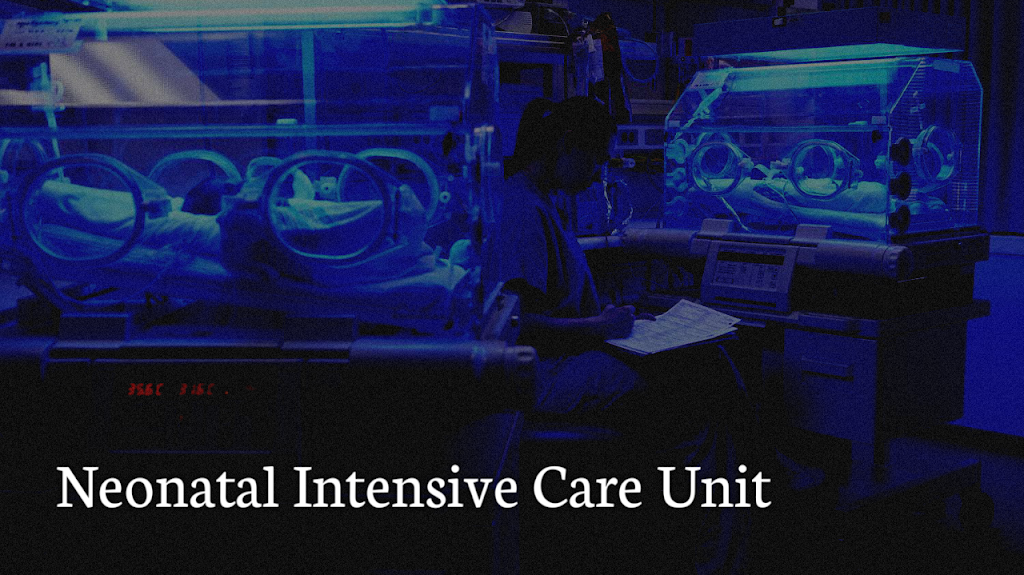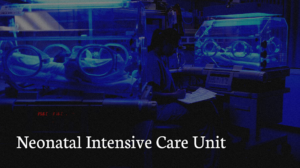Neonatal Intensive Care Unit (NICU): A Haven for Fragile Newborns
Introduction
The birth of a child is a joyous occasion, but for some parents, it can also be a time of immense worry and uncertainty. Babies born prematurely or with critical health conditions may need specialized care beyond what a regular nursery can provide. This is where the Neonatal Intensive Care Unit (NICU) steps in as a lifeline for these fragile newborns, providing them with the highest level of medical attention and support.
What is NICU?
The Neonatal Intensive Care Unit (NICU) is a specialized medical facility within a hospital that focuses on caring for newborn infants who are born prematurely, have medical complications, or require surgical intervention. NICUs are equipped with advanced medical technology and staffed with highly trained healthcare professionals to provide comprehensive care to these vulnerable infants.
Levels of NICUs
NICUs are categorized into different levels based on the level of care they can provide. These levels range from Level I (basic care for stable infants) to Level IV (comprehensive care for critically ill newborns requiring surgery and advanced life support). The level of care a NICU offers depends on the hospital’s capabilities and the complexity of cases they can handle.
Conditions Treated in NICU
The NICU caters to various medical conditions, including but not limited to:
1. Premature Birth:
Babies born before 37 weeks of gestation often require NICU care due to underdeveloped organs and vulnerability to infections.
2. Respiratory Distress Syndrome (RDS):
Common in premature infants, RDS occurs when their underdeveloped lungs struggle to produce enough surfactant to keep the air sacs open.
3. Infections:
Newborns with infections, whether acquired during birth or shortly after, may need specialized care to manage their condition.
4. Birth Defects:
Some infants are born with congenital conditions that require immediate attention and sometimes surgical intervention.
5. Jaundice:
High levels of bilirubin in the blood can lead to jaundice in newborns, and in severe cases, phototherapy or other treatments may be necessary.
The NICU Team
The NICU team is a group of highly skilled professionals who work collaboratively to ensure the best care for the infants. The team typically includes:
1. Neonatologists:
Pediatricians specialized in neonatal care who lead the medical team.
2. Neonatal Nurses:
Nurses trained in caring for critically ill newborns, including administering medications, monitoring vital signs, and providing emotional support to parents.
3. Respiratory Therapists:
Experts in managing respiratory issues in newborns, such as assisting with mechanical ventilation.
4. Nutritionists:
Dietitians who create specialized feeding plans to meet the unique nutritional needs of premature or sick infants.
5. Occupational Therapists:
These professionals help babies develop essential skills like sucking, swallowing, and grasping.
Family-Centered Care
NICUs recognize the importance of family-centered care, where parents are actively involved in their baby’s treatment and decision-making. Despite the medical complexities, NICUs strive to create an environment that promotes bonding and encourages parents to participate in their child’s care as much as possible.
The NICU Journey
The journey through the NICU can be emotionally challenging for families, filled with both hopeful and difficult moments. Celebrating the baby’s milestones, no matter how small, becomes a triumph for parents and medical staff alike. The NICU provides parents with the support they need during this stressful time, offering counseling services and resources to help them cope with the rollercoaster of emotions.
Celebrating Success Stories
One of the most heartwarming aspects of NICUs is witnessing the success stories of premature or critically ill infants who overcome tremendous odds to grow into healthy and thriving children. These success stories not only highlight the exceptional work of the NICU but also inspire hope in families facing similar challenges.
Conclusion
The Neonatal Intensive Care Unit (NICU) serves as a vital sanctuary for the tiniest and most vulnerable members of society. With its dedicated team of medical professionals, advanced technology, and family-centered care approach, the NICU provides newborns with the best possible chance to grow and thrive. While the journey may be arduous, the resilience of these tiny fighters, combined with the unwavering support of their families and medical teams, gives hope for a brighter and healthier future.


























